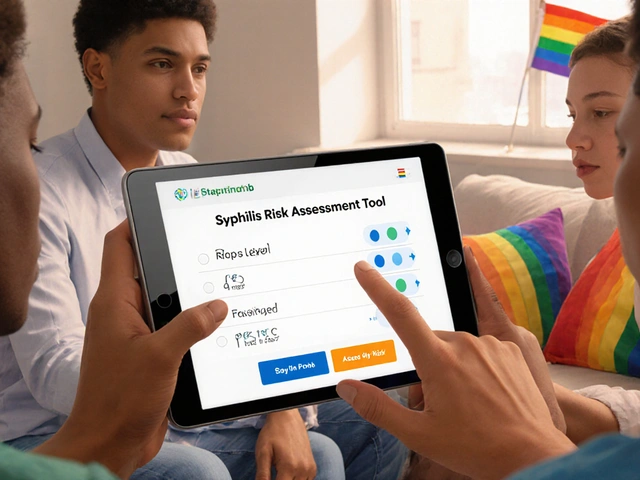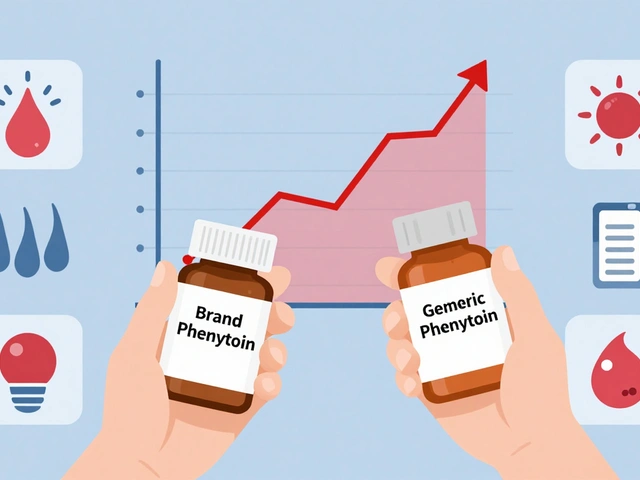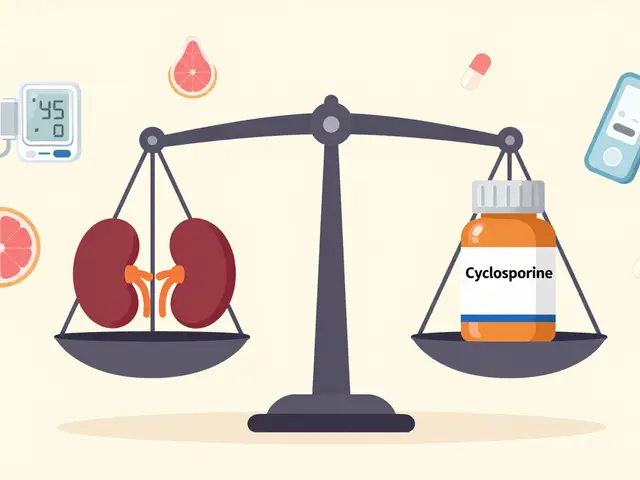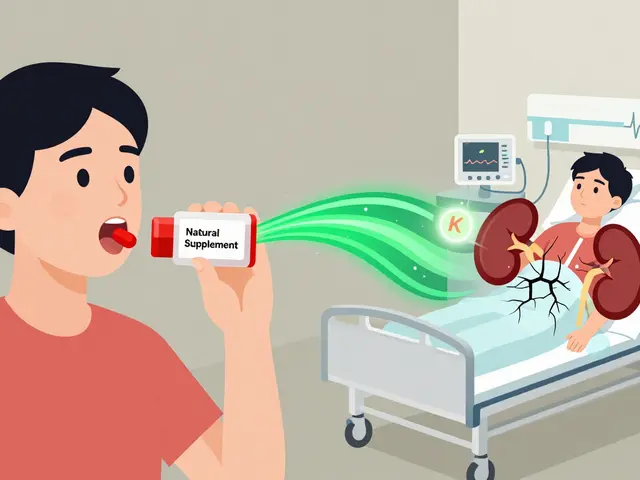Syphilis LGBTQ
When dealing with Syphilis, a bacterial infection spread through sexual contact and occasionally blood. Also known as the Great Imitator, it disproportionately affects the LGBTQ community, people who identify as lesbian, gay, bisexual, transgender, queer or other non‑heterosexual orientations. Regular STI testing, screening for sexually transmitted infections using blood or swab samples is crucial for early detection. The standard cure, penicillin, an antibiotic that eliminates the spirochete Treponema pallidum, works when administered promptly. Because syphilis can masquerade as many other conditions, missing it often means delayed treatment, which can lead to serious heart or nervous‑system damage. This makes timely testing and appropriate antibiotic use a non‑negotiable part of sexual health for anyone in the LGBTQ spectrum.
Key Topics Covered
Early detection hinges on understanding risk factors. Unprotected oral, anal, or vaginal sex, multiple partners, and sharing needles heighten exposure, especially in social circles where stigma limits open conversations about health. Stigma itself is a silent driver: fear of judgment pushes many to avoid clinics, resulting in later‑stage diagnoses. Education breaks that cycle—knowing the signs (sores, rashes, flu‑like symptoms) and the fact that many infections are asymptomatic during the primary stage empowers people to seek testing before complications arise. Once diagnosed, a single intramuscular dose of penicillin usually clears the infection, but follow‑up blood tests are essential to confirm that the bacterium is gone. For those allergic to penicillin, desensitization protocols or alternative antibiotics are available, but they require specialist oversight.
Beyond the medical steps, holistic care matters. Mental health support helps counter the anxiety that can follow a positive result, and community resources offer safe spaces for discussion. Many LGBTQ health centers provide free or low‑cost testing, sometimes bundled with HIV and hepatitis screenings, making comprehensive care more accessible. Partner notification—informing current and recent sexual partners—reduces reinfection risk and curbs community spread. Online platforms and apps now feature built‑in reminders for routine STI checks, turning what used to be an occasional clinic visit into a regular health habit. By integrating testing into broader wellness routines, individuals can keep their sexual lives vibrant without sacrificing safety.
Below you’ll find a curated set of articles that dive deeper into every aspect mentioned here. From detailed symptom checklists and step‑by‑step guides on obtaining reliable STI testing, to real‑world stories of navigating treatment within the LGBTQ community, the collection equips you with the knowledge to protect yourself and others. Explore the posts to get actionable advice, expert insights, and resources that turn awareness into confident, proactive health management.
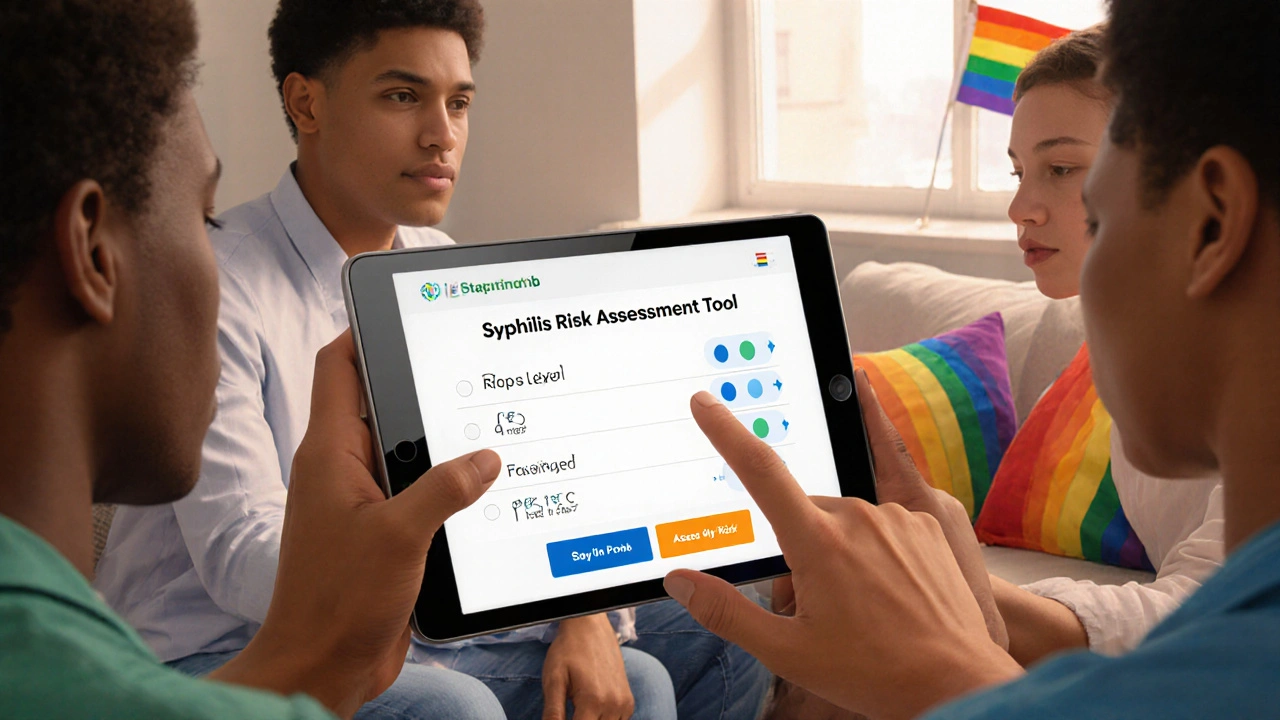
Syphilis in the LGBTQ+ Community: Addressing Disparities and Barriers to Care
Explore why syphilis rates are higher in the LGBTQ+ community, the barriers to care, and practical steps and resources to close the gap.
View More
